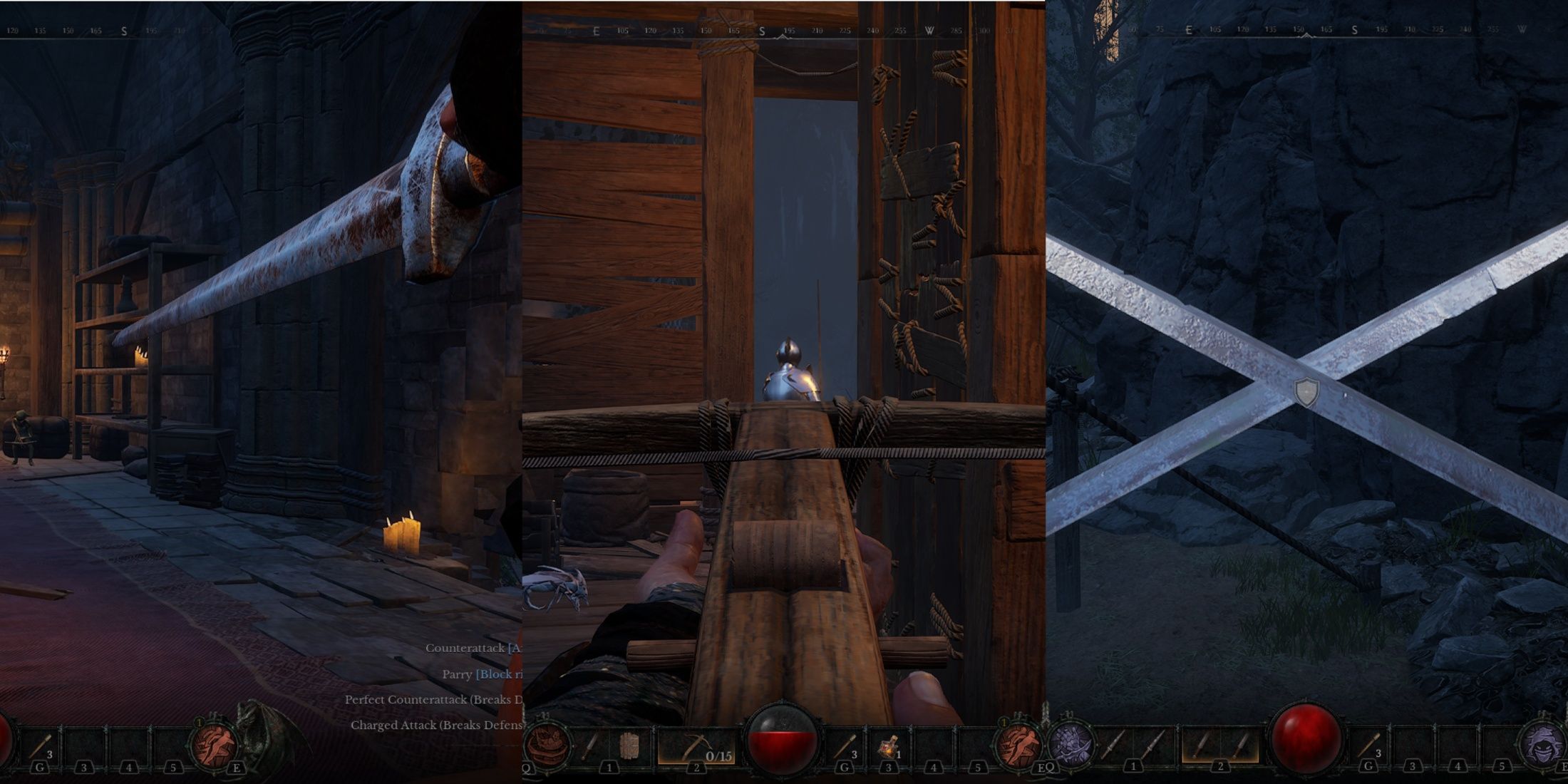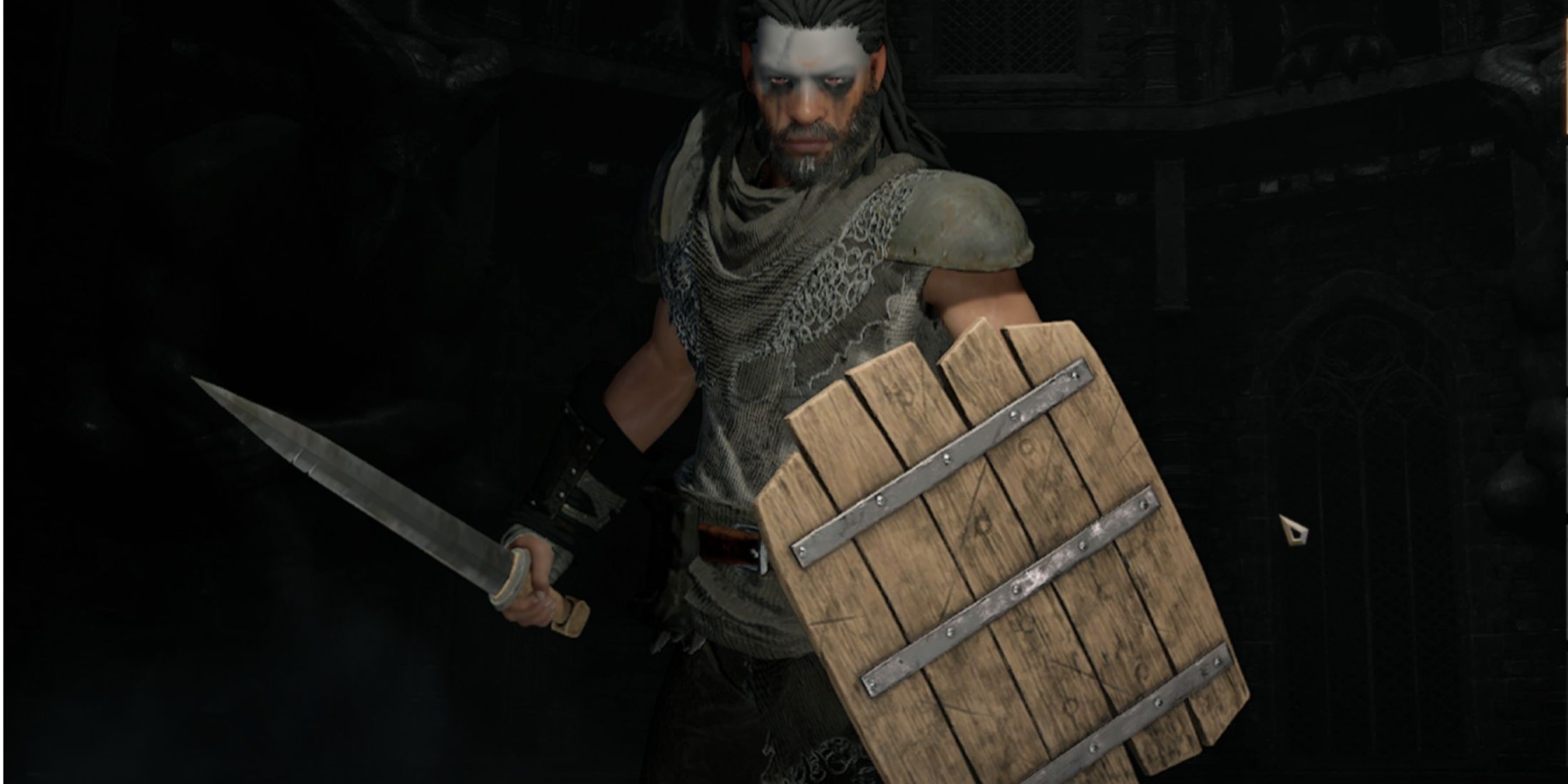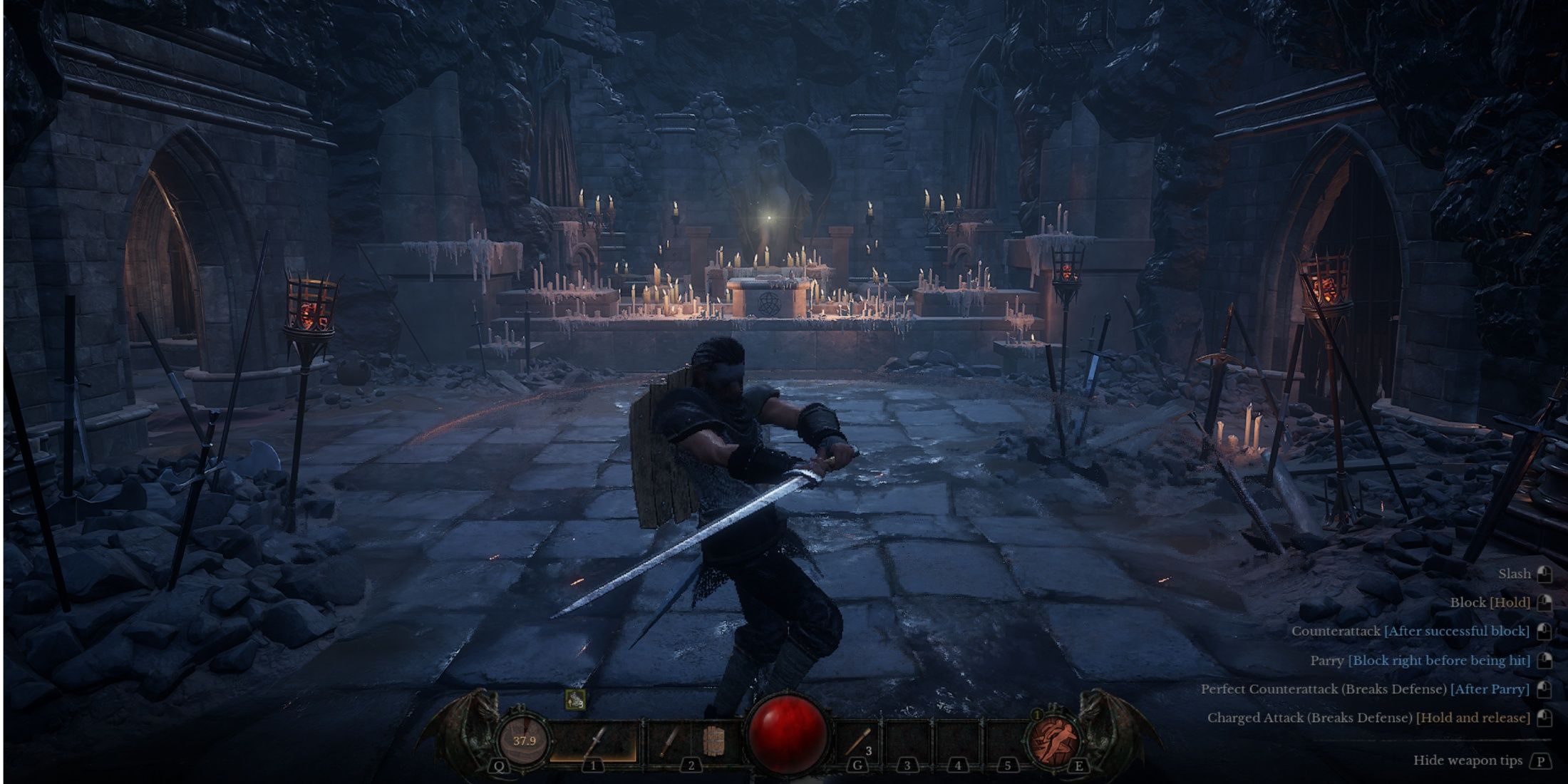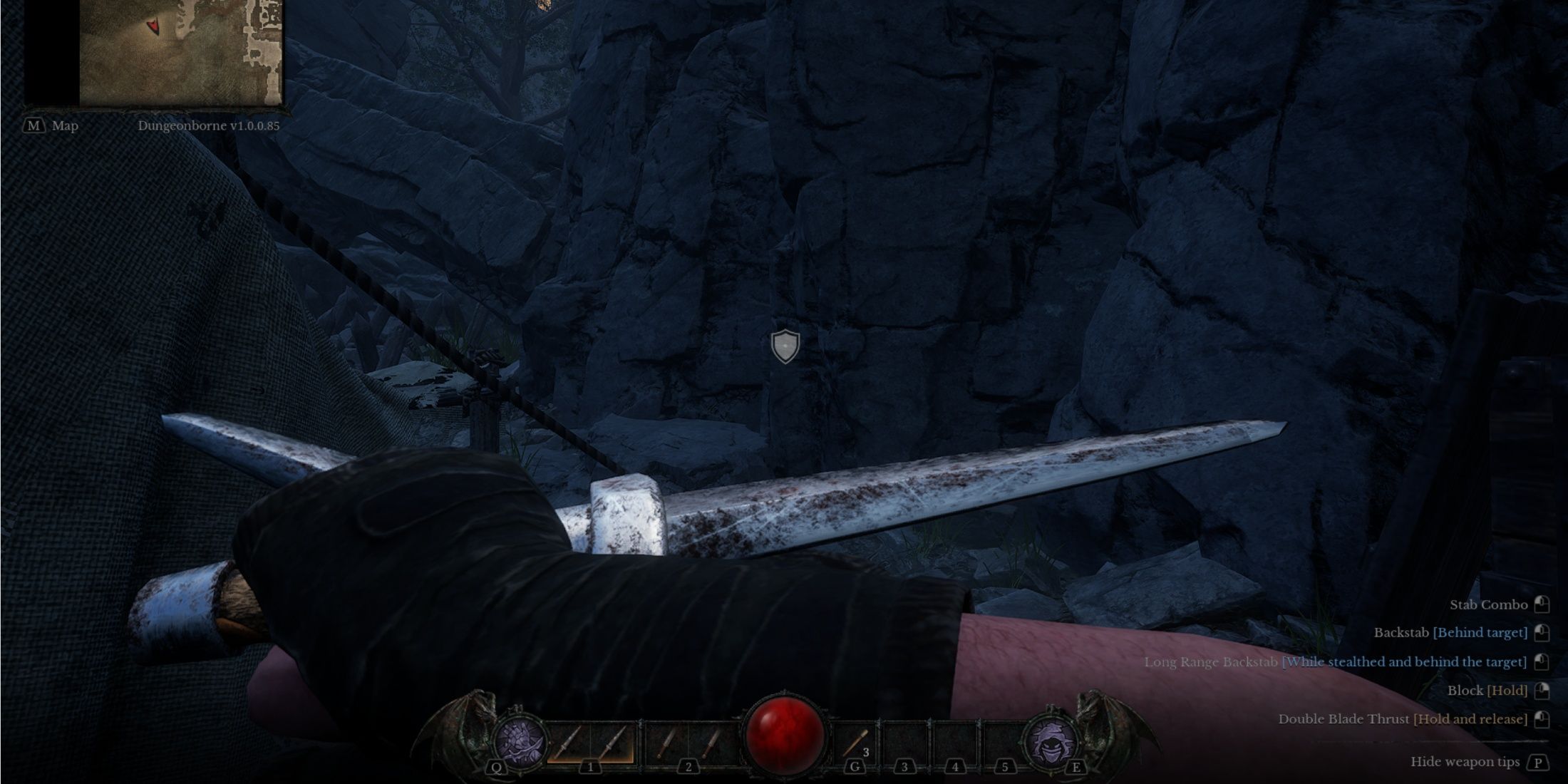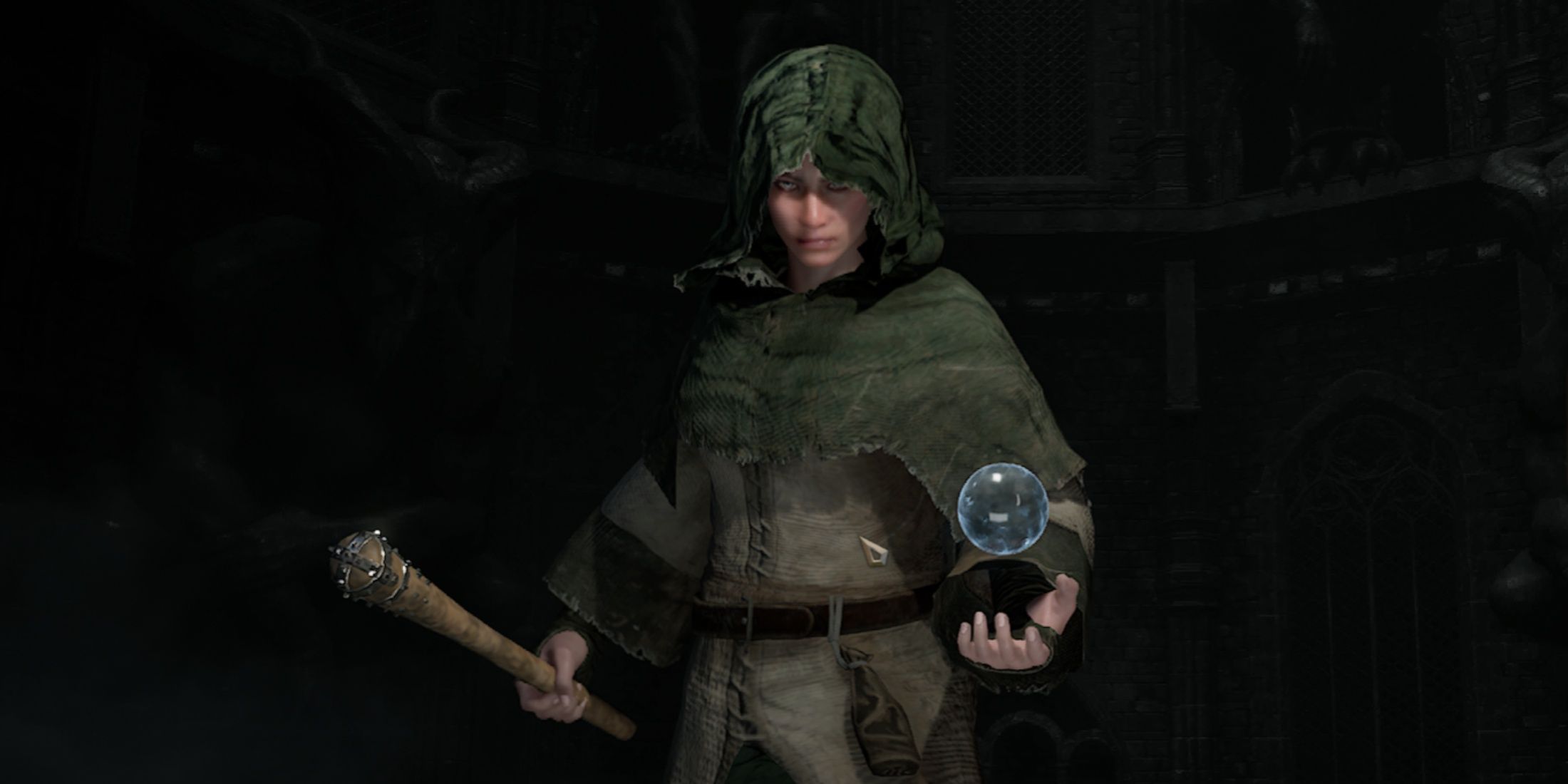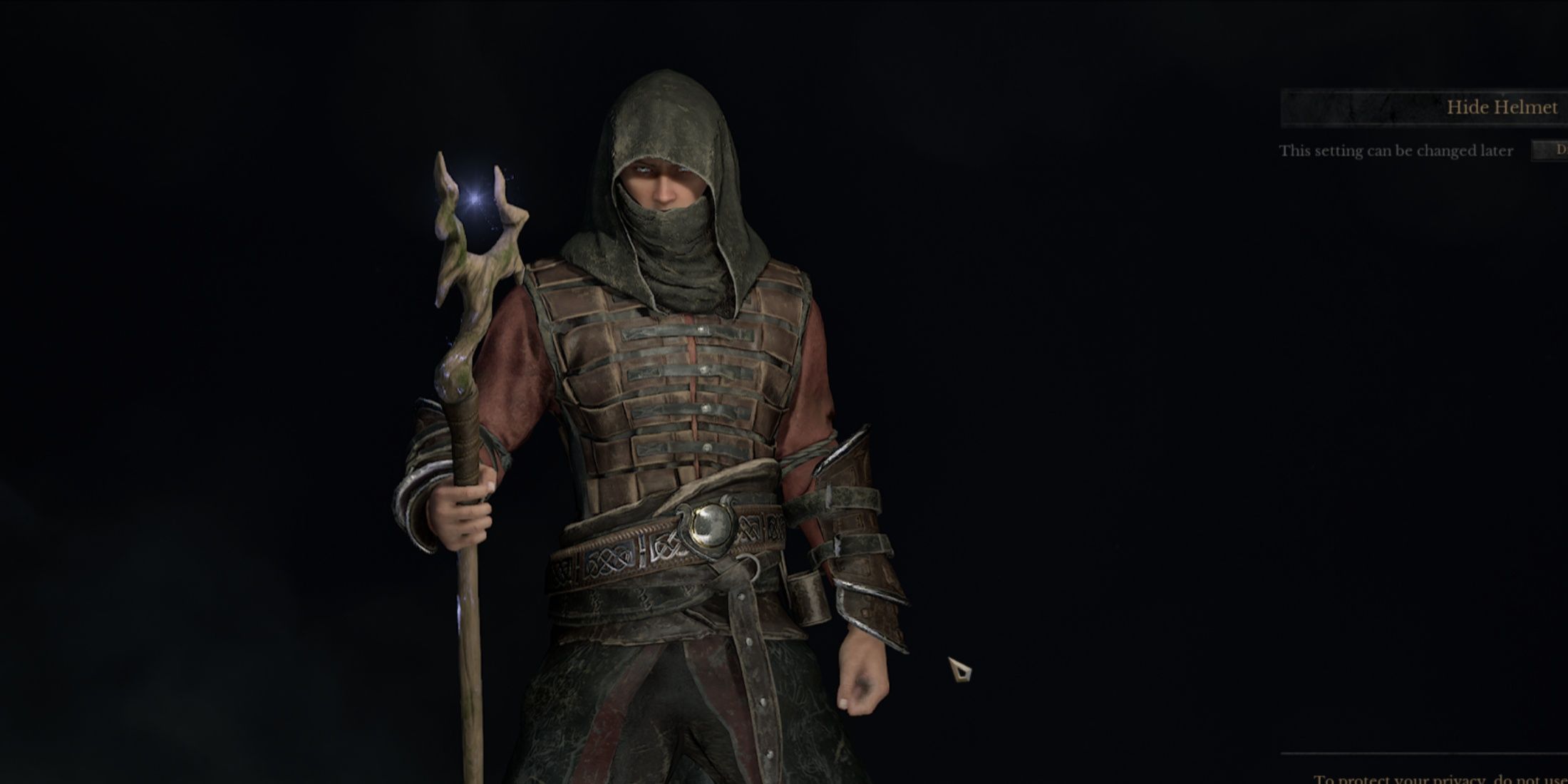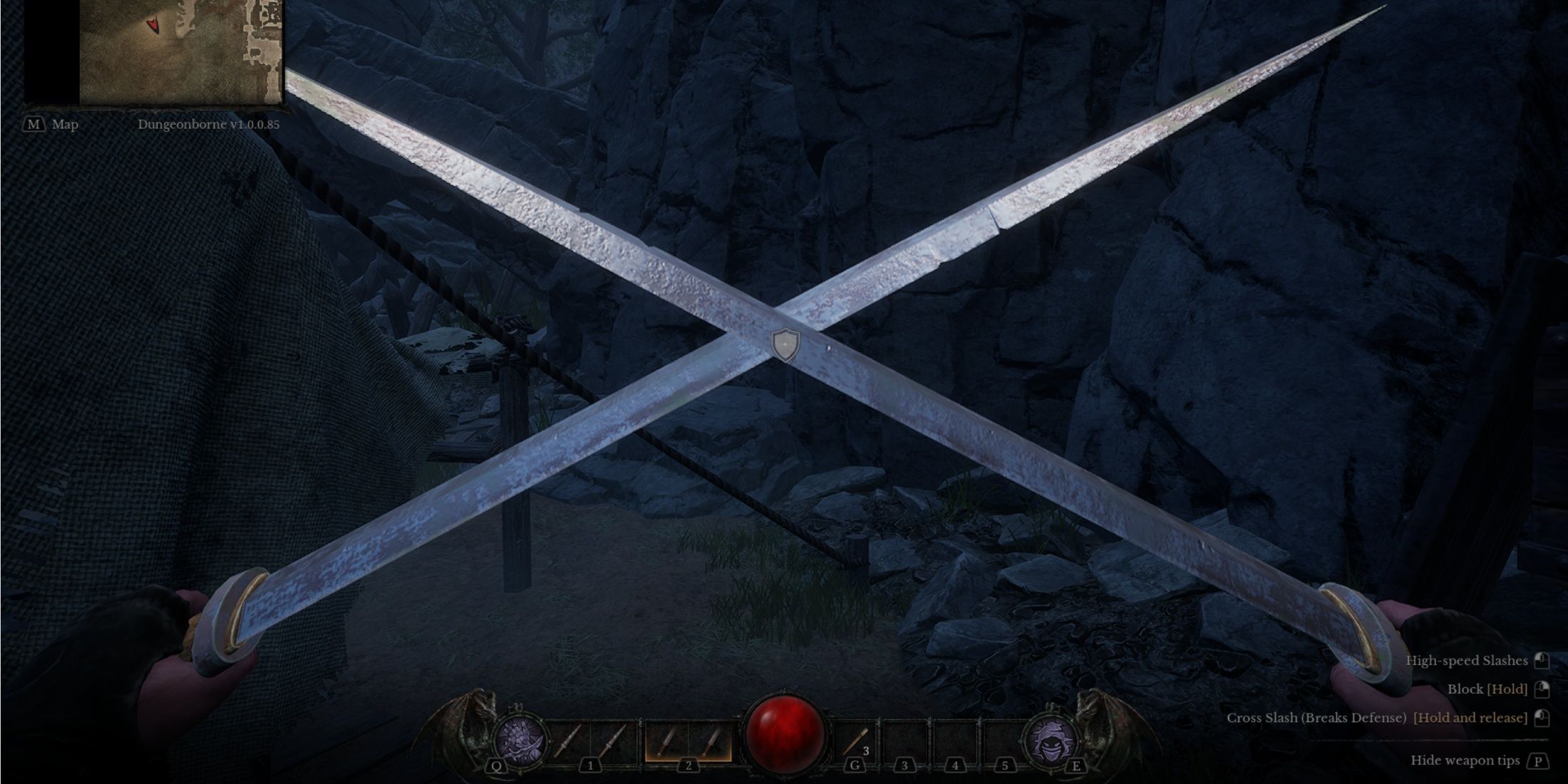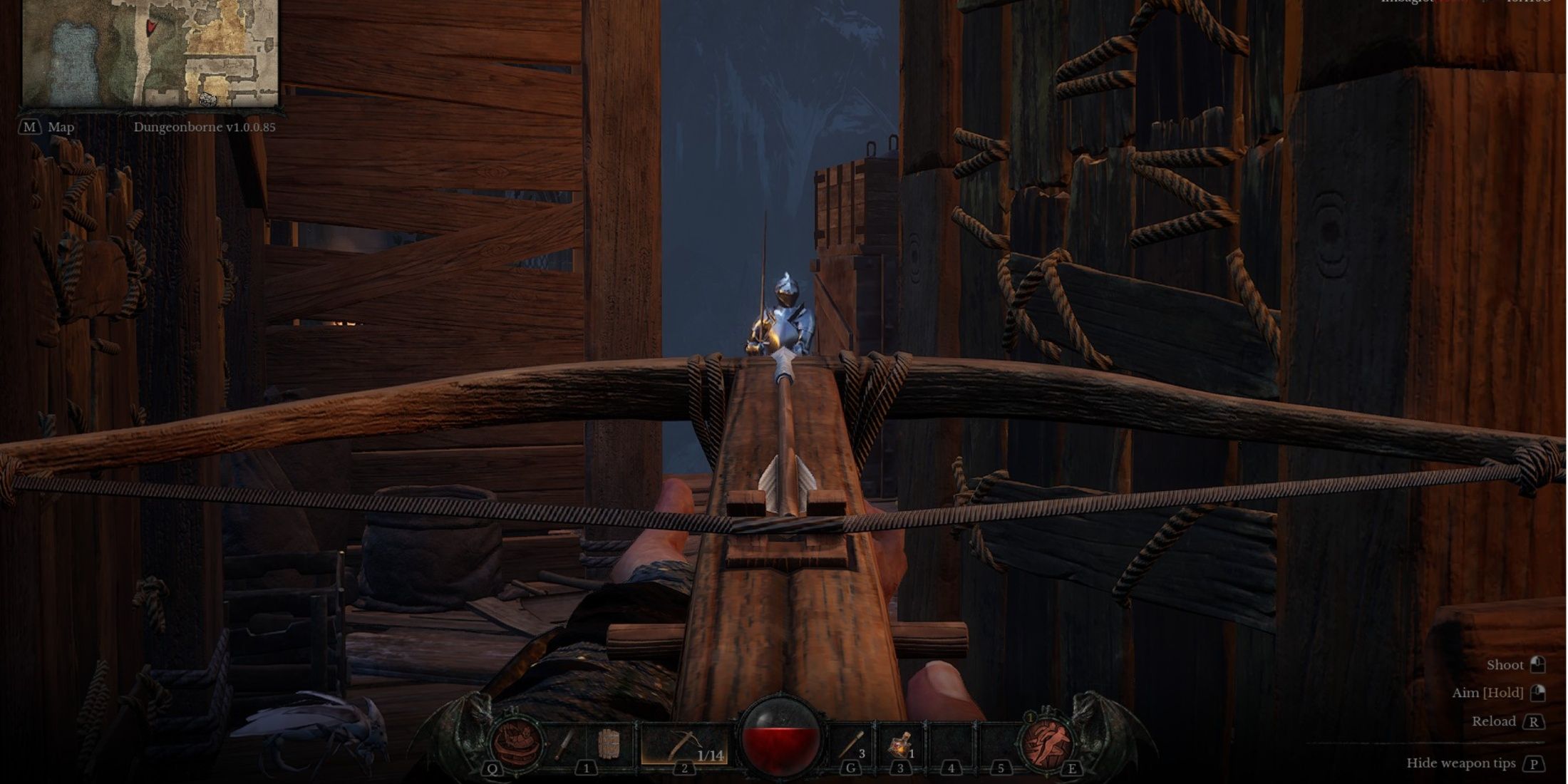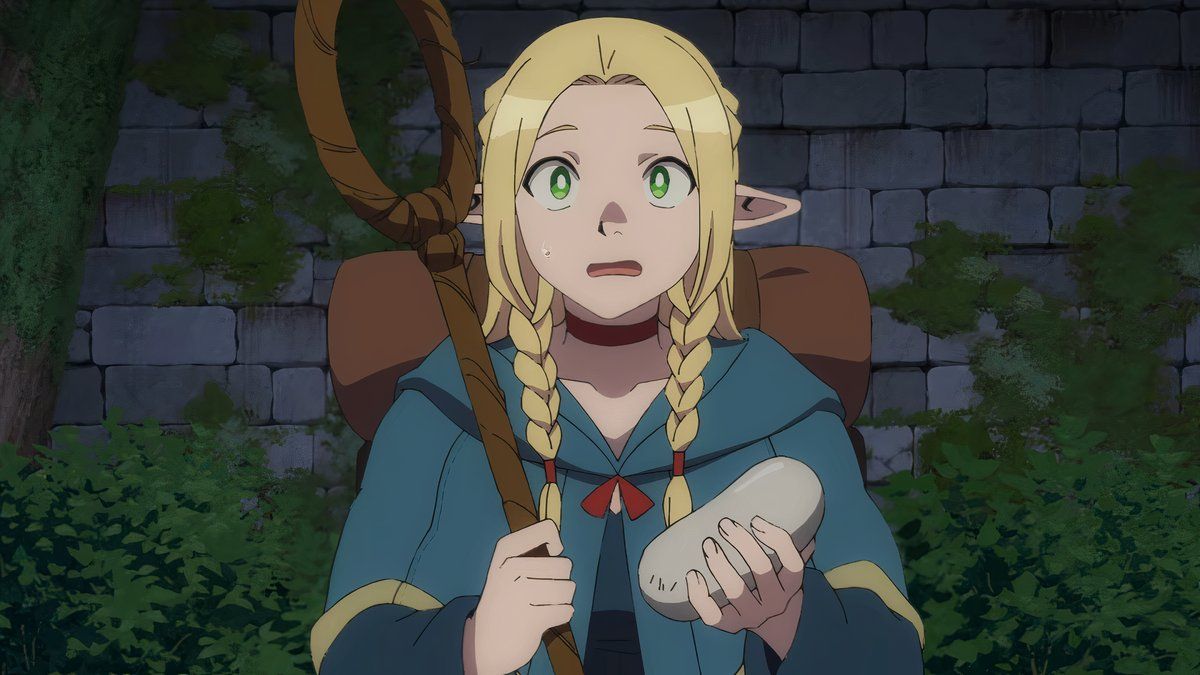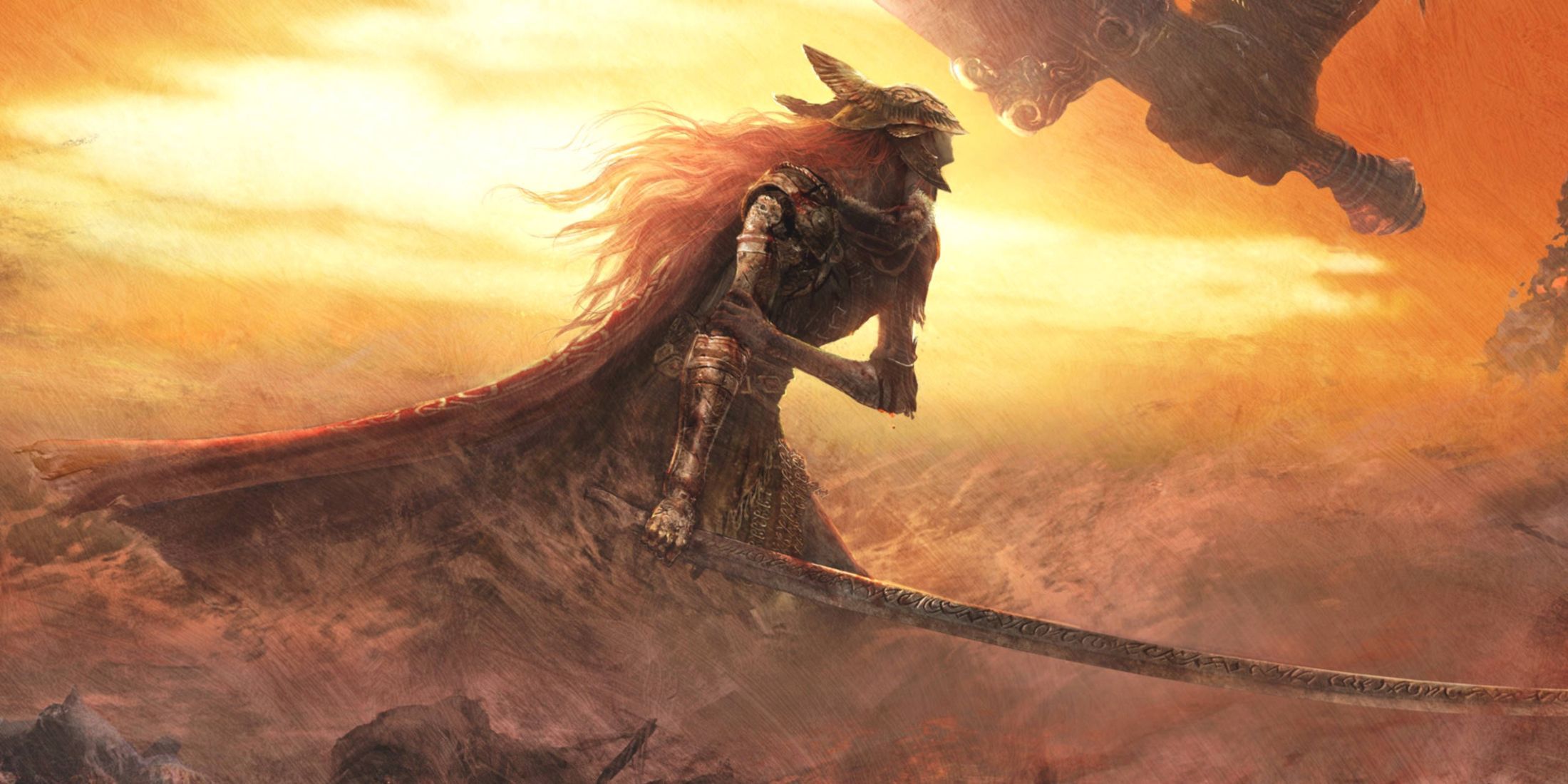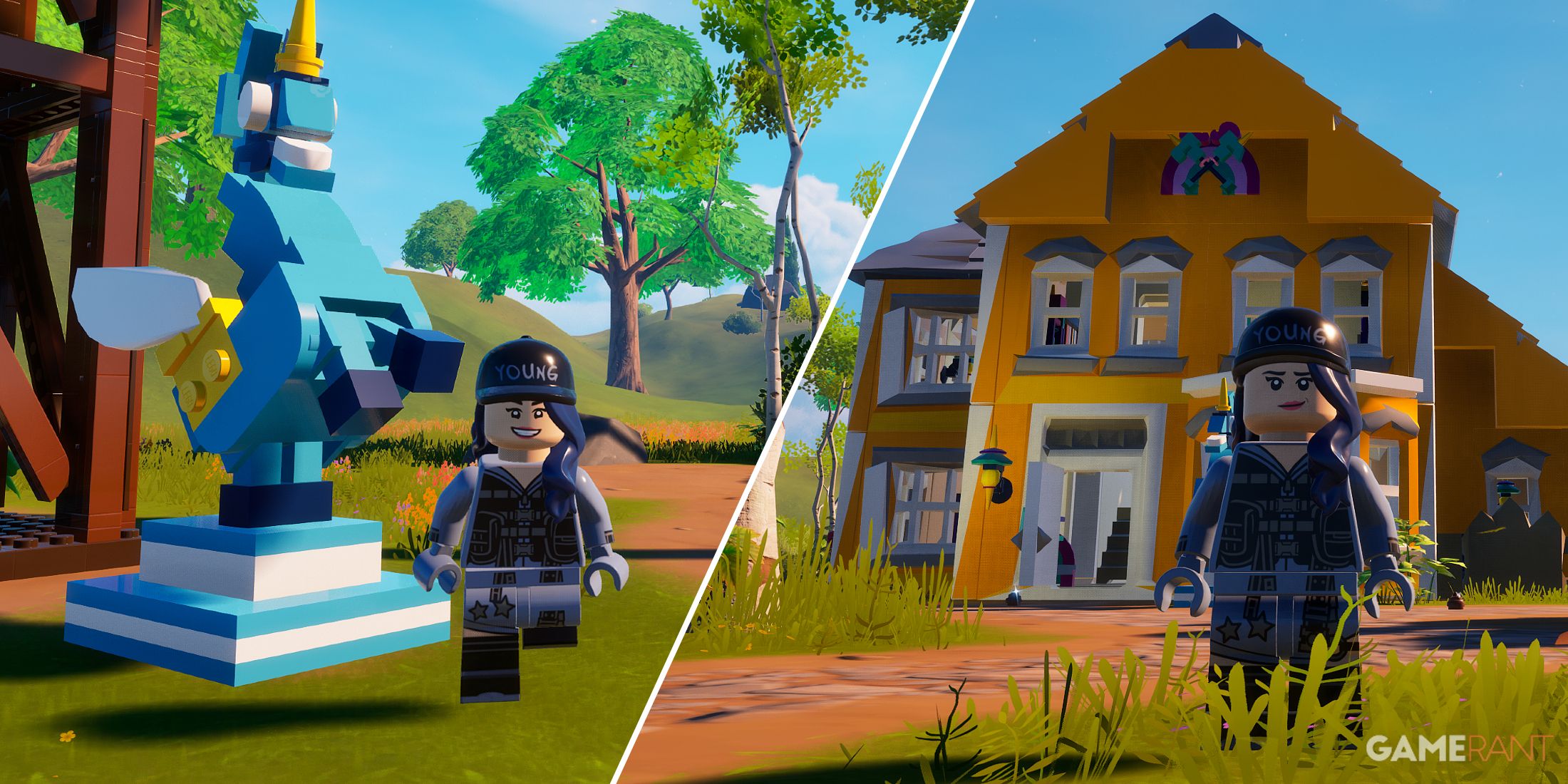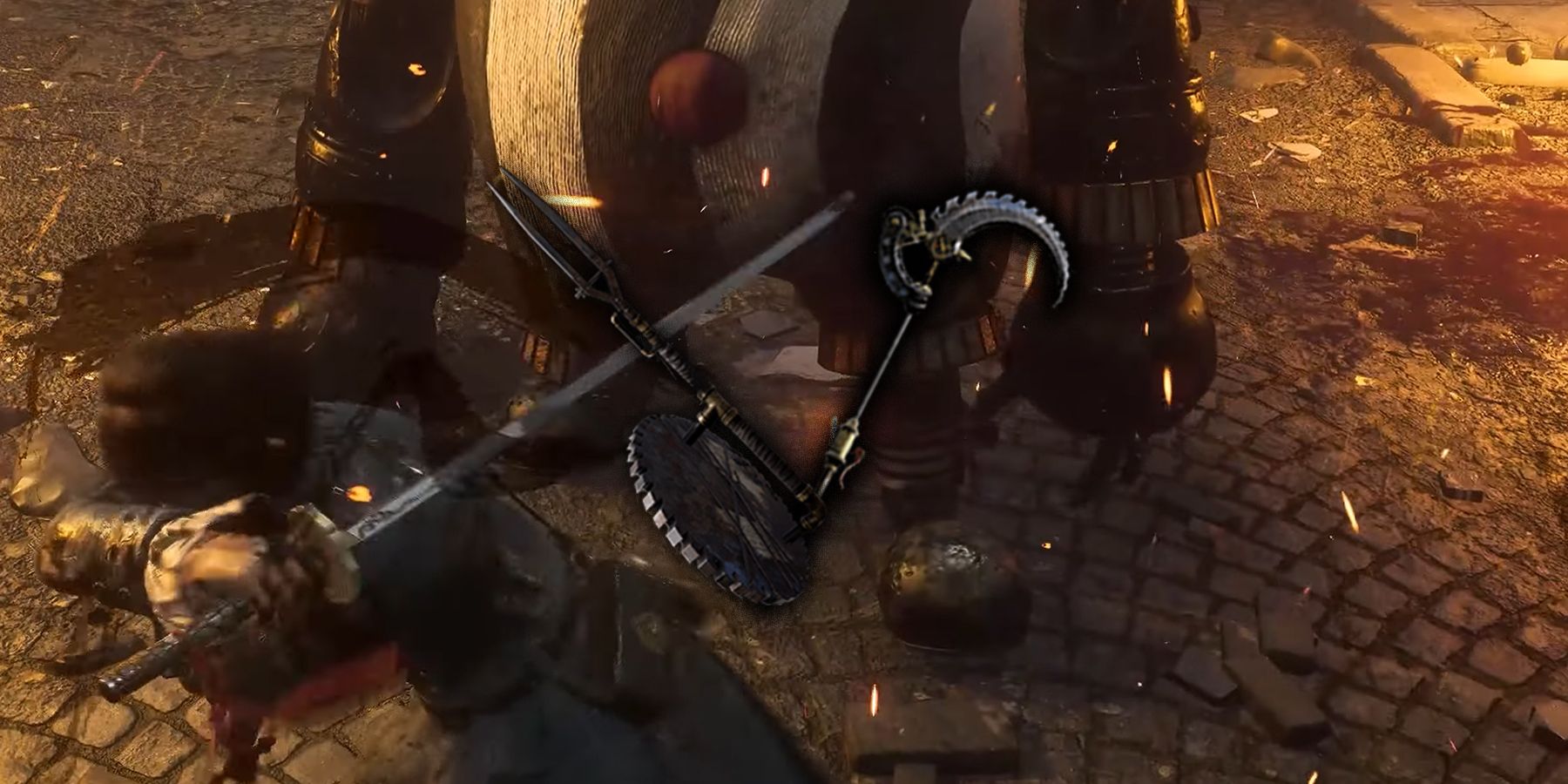Key Takeaways
- One-handed swords are versatile for new players, best for Fighters for balanced defense and attack.
- Two-handed longswords offer higher base damage, suitable for experienced players mastering combat timings.
- Daggers are ideal for stealth-focused gameplay, recommended for Rogues for backstabbing tactics.
Dungeonborne offers players the PvPvE extraction experience in the fantasy sword & sorcery genre. While a lot of extraction shooter games exist, Mithril Interactive’s debut title is a breath of fresh air for players looking to replicate the thrills of an extraction shooter but in a melee-focused game. However, as with other games in the genre, Dungeonborne can be an intimidating undertaking for new players.
Related
7 Dungeonborne Mechanics Players Might Have Missed
There are many mechanics encountered throughout Dungeonborne, but some of them are not immediately obvious.
Dungeonborne offers players different classes with different weapon proficiencies. As such, understanding early-game weapons and which ones to use for each class is essential information for new players. This article will break down the classes, which weapons and weapon combinations are best suited to each, and the playstyle each class and weapon combination supports.
7 One-Handed Sword
The Most Reliable Weapon For Newcomers
- Physical Damage: 122-123
- Dexterity: +2-6%
- Critical Strike Chance: +4-20%
The one-handed sword is the most versatile weapon in the game and can be used by most classes. However, it is best used by the Fighter class. One-handed swords have a decent damage output and speed. It can be used one-handed, dual-wielded with some other one-handed weapons, or paired with a shield. The weapon works best when paired with a shield as this combo allows players to block all damage with the shield and counter with the one-handed sword. This is the optimal playstyle for new players as while it is slower, it balances defense and attack, which is handy against both enemies and other players.
Playing as a Fighter will give players access to a starter one-handed sword which will be enough for the base dungeon on the easiest setting. The first successful foray into the base dungeon will give players enough gold to upscale from the base weapon to the Uncommon Traveler’s Sword bought in the marketplace. Paired with the Traveler’s Shield, the Traveler’s Sword is enough of an upgrade to allow players to take on more challenging dungeon expeditions.
6 Two-Handed Longsword
A More Powerful, Higher Skill Option
- Physical Damage: 158-159
- Strength: +4-12%
- Damage: +8-10%
Two-handed swords are a good option for a higher base damage stat. While it offers a longer combo with high damage per strike, it is not very versatile as it can only be used by a handful of classes and cannot be dual-wielded or paired with a shield. It only offers a partial block, trading off the full damage block of a shield for a powerful parry. However, parrying takes some practice to master. Players should experiment with the two-handed longsword once they are familiar with the combat and counter timings.
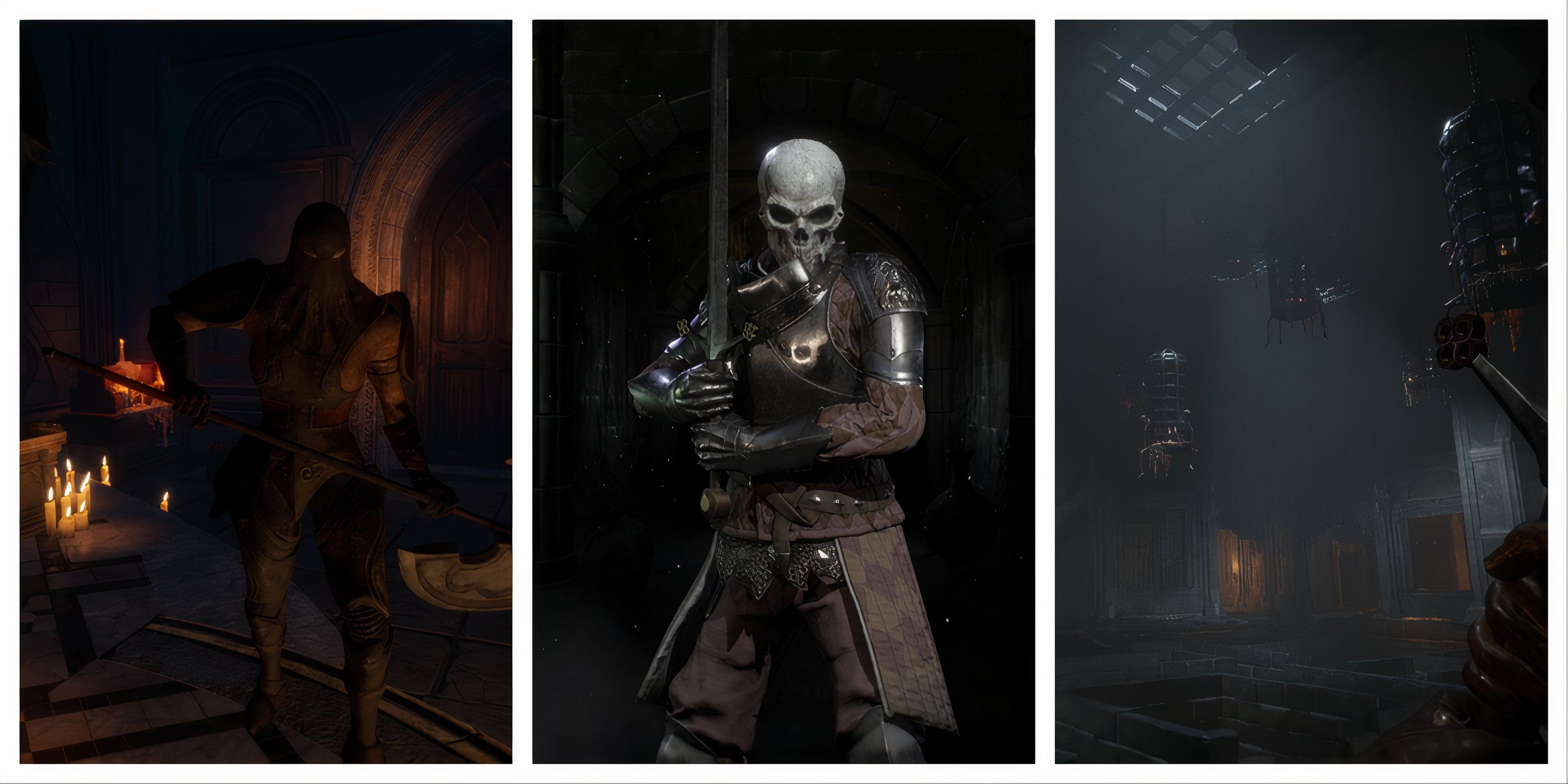
Related
Dungeonborne: 7 Beginner Tips
Players diving into Dungeonborne for the first time should heed these basic tips.
The starter two-handed longsword offers enough base damage that upgrading to an Uncommon longsword is not an immediate priority. Players should buy a Traveler’s Longsword from the marketplace once they have experimented with the base weapon and feel that it suits their playstyle.
5 Dagger
The Stealthy Option
- Physical Damage: 87-88
- Dexterity: +2-6%
- Critical Strike Damage: +4.8-6%
Daggers are quintessentially connected to a stealth build like the Rogue class. Daggers offer little in the way of damage output but make up for it in speed. While they can be used one-handed, daggers are best when dual-wielded and used by Rogues for stealthy backstabs, doing significant damage to unsuspecting enemies. However, daggers are bad for open combat and not much use to non-stealth classes.
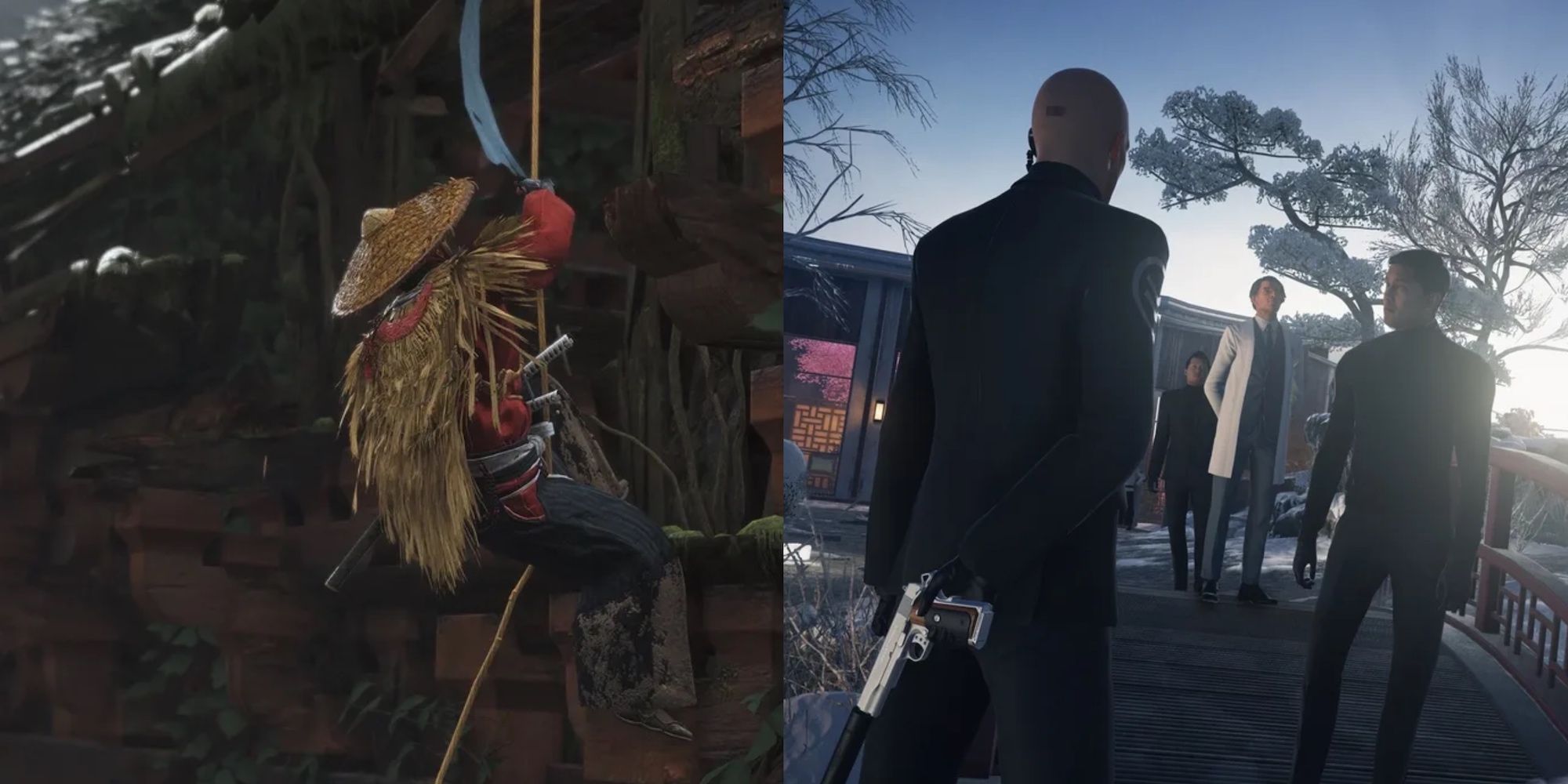
Related
7 Stealth Games With Great Replay Value
These Stealth games aren’t just great games due to their stealth mechanics, but also due to how much replay value they offer players.
While base daggers suffice for early game, they should be upgraded to Uncommon Steel Daggers at the earliest convenience for better backstab damage and a better chance of surviving open combat.
4 One-Handed Mace
The Melee Option For Magic-Based Classes
- Physical Damage: 122-123
- Stamina: +2-6%
- Max Life: +6-8%
The one-handed mace is similar to the one-handed sword in most ways, with some crucial differences. One-handed maces are blunt weapons, and thus capable of breaking enemy shields, unlike one-handed swords. However, the counterattack from a mace is not as strong as a one-handed sword. While one-handed swords are ideal for melee-focused classes like the Fighter, who can effectively use the counterattack, the one-handed mace is better suited for magic-based classes as it allows them another avenue to break the defense of shield-bearing enemies.
Magic-based classes are given a starter one-handed mace. While this is good for early dungeon excursions, it is best to upgrade to the Uncommon Polished Pernach from the marketplace at the earliest convenience for the best results.
3 Staff
Good For Magic, Not Melee
- Physical Damage: 134-135
- Intelligence: +4-12%
- Elemental Damage: +8-12%
The staff is good for two kinds of magic attacks, either ice or fire. It can only be used by magic classes with a two-combo option for melee. However, the strength of the staff is very much in its magic-based offense, as there are no defense options with this weapon. It is a long-range weapon with some impressive elemental attacks, good for softening up the enemies before going in for the melee kill with a mace or a one-handed sword.
Players get the option of two magic users to choose from a variety of fire, ice, divine, and electricity-based staff options, some more effective than others. Electricity is basically only viable against NPC enemies as it requires the target to stay in one position for the attacks to deal any real damage. The starter staff offered depends on the class. However, all magic classes can use any staff type after that, allowing players to experiment till they find their ideal magic type.
2 Dual-Wielded Swords
Quick Damage With No Parry
- Physical Damage: 122-123
- Dexterity: +2-6%
- Critical Strike Chance: +4-20%
Dual-wielded one-handed swords present a significantly different playstyle to solo-equipped one-handed swords or when paired with a shield, and thus deserve their own entry. Dual-wielded swords have a lower base damage than a sword and shield combo but have a higher attack rate. However, the catch with dual-wielded swords is that they do not currently offer a good defensive option. The game used to allow parrying while dual-wielding, but the option was removed in recent updates. It remains to be seen if it will be added back. Dual-wielding is good for players seeking a more frenetic playstyle.
The base sword is well-suited for dual-wielding as it relies more on attack speed than higher damage output. Different-level weapons can be dual-wielded too, so one Uncommon and one base weapon will still provide a good upgrade for players.
1 Crossbow
An Essential Long-Range Option
- Physical Damage: 158-159
- Dexterity: +4-12%
- Critical Strike Damage: +9.6-12%
Dungeonborne currently only offers one long-range option to players using a non-magic class. The crossbow is a powerful tool during the early game. It allows players to damage enemies from afar and then engage in close combat with an advantage. It is also good for thinning mobs, as the weaker enemies can be killed with one shot. The only downside of the crossbow is the slow reload, which allows enemies to close the distance. It is still possible to get a couple of shots off before needing to engage in close combat.
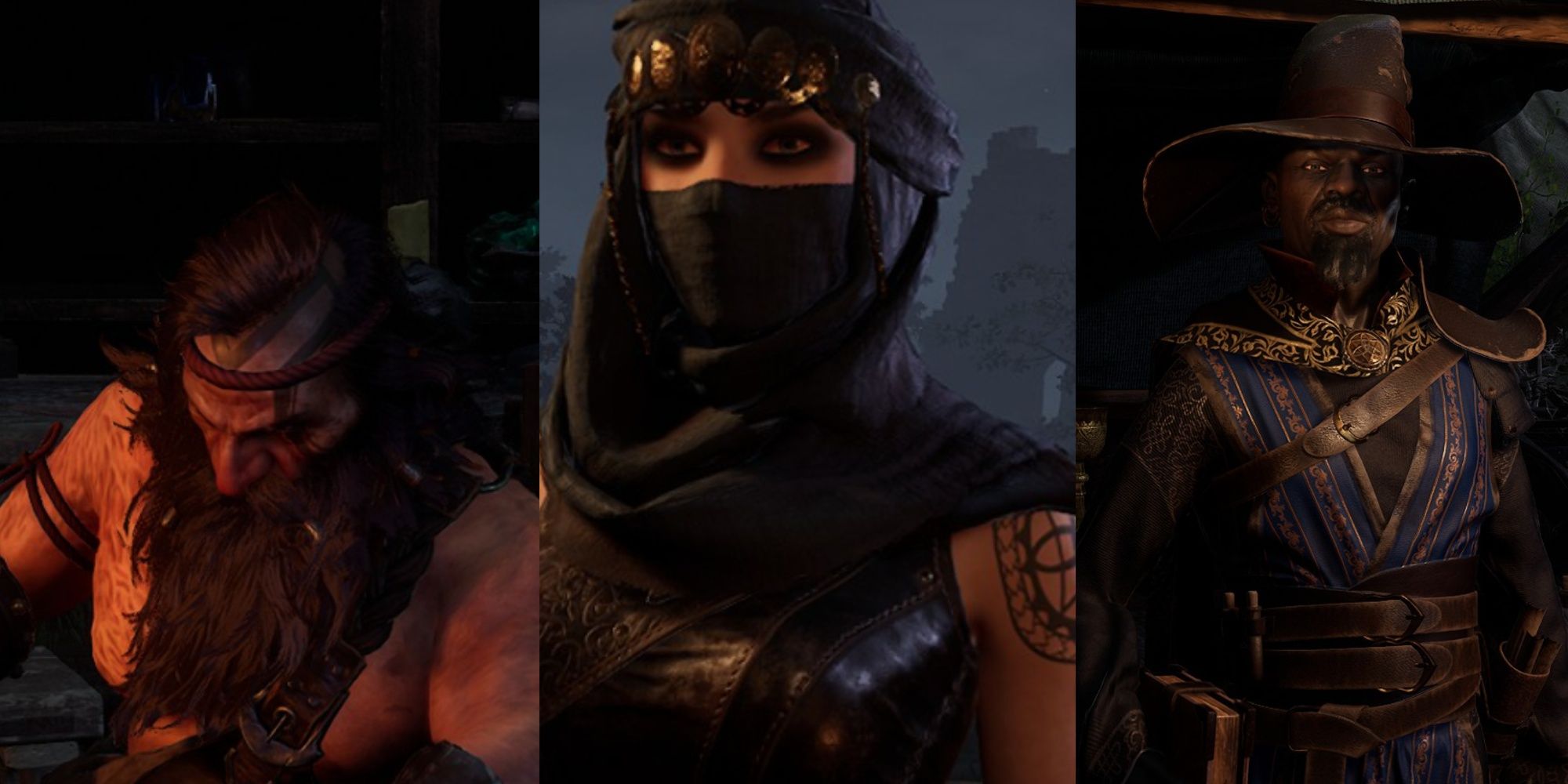
Related
Dungeonborne: 5 Things You Need To Do Before Reaching Endgame
Before delving into Dungeonborne’s endgame activities, you’ll want to do these important things to stay ahead of the competition.
Since the crossbow is crucial for new players, they should look to upgrade it as soon as possible from the starter crossbow to the Uncommon Hardwood Crossbow found in the marketplace. Bolts are readily available in dungeons and fired bolts can also be recovered, so ammo is not an issue.
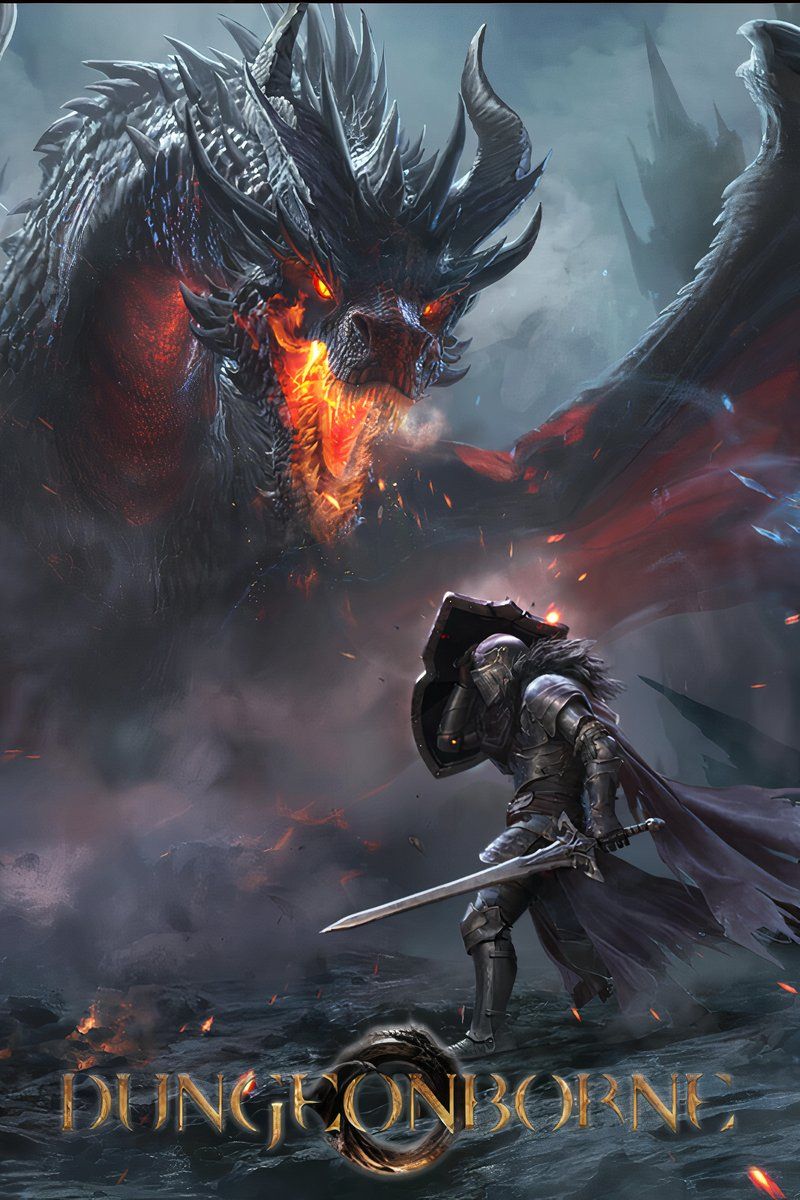
Dungeon Crawler
Extraction

- Released
- July 19, 2024
- Developer(s)
- Mithril Interactive
/cdn.vox-cdn.com/uploads/chorus_asset/file/25670810/2176989044.jpg)

